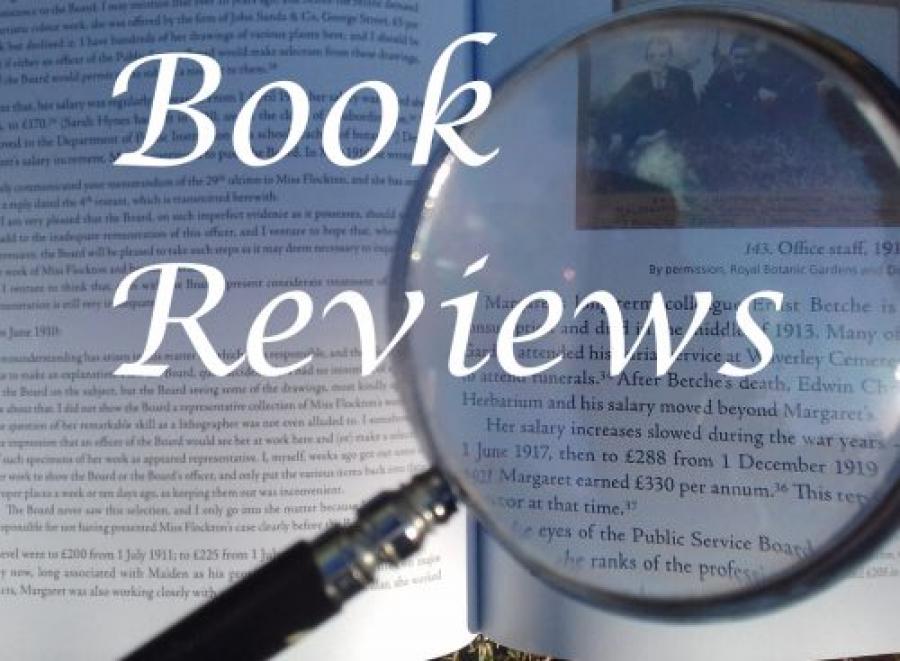Alfred Deakin was Australia's second Prime Minister (1903-4) and a founding father of Federation in Australia (with Edmund Barton). He also served as PM for two subsequent terms, 1905-8 and 1909-10. Leonie Loveday reviews the latest biography of Deakin, The Enigmatic Mr Deakin by Judith Brett (Text Publishing, Melbourne, 2017, ISBN 9781925603712 Pbk).
*
History is the stage on which our ancestors played out their lives however humble or ordinary. An understanding and appreciation of history is the context in which we may view the lives of each generation. For those of us who have ancestors in late 19th century Australia and the post-gold boom of Victoria, Judith Brett has mined for us a deep vein of historical pay dirt in the life of Alfred Deakin (1856–1919).
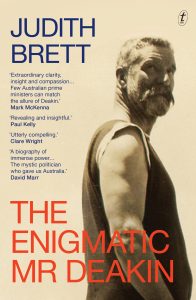 Brett’s latest work The Enigmatic Mr Deakin has been critically acclaimed particularly by her peer - Professor Mark McKenna in The Monthly (Sept. 2017) described it as 'the fifth and best biography on Deakin to date'. Brett is a professional historian and author of previous works on Australian politics, notably Robert Menzies’ Forgotten People (1992) and Australian Liberals and the Moral Middle Class (2003).
Brett’s latest work The Enigmatic Mr Deakin has been critically acclaimed particularly by her peer - Professor Mark McKenna in The Monthly (Sept. 2017) described it as 'the fifth and best biography on Deakin to date'. Brett is a professional historian and author of previous works on Australian politics, notably Robert Menzies’ Forgotten People (1992) and Australian Liberals and the Moral Middle Class (2003).
This is not a stodgy historical treatise written in inaccessible academic prose. Brett provides the reader with a compelling and engaging book on the life and times of Alfred Deakin. But it is more than that because she skillfully weaves the family story of the Deakin and Browne families into the period of Australian political history that has most influenced the way we live today. She doesn’t miss a trick when she opens her introduction, placing Alfred Deakin’s birth two years after that of Ned Kelly in the 'colony of Victoria'. But we learn that the comparison stops there because 'Deakin was the only son of respectable goldrush immigrants'.
And enigmatic, Deakin certainly was: a spiritualist, teacher, journalist and anonymous contributor, lawyer, orator, independent thinker, parliamentarian, prime minister, and a knighthood refuser. He was a man of vision and deep, philosophical and religious ideas, but plagued by self-doubt, a fear of conflict and sometimes an indecisiveness that would affect his health. However this is not a work of hagiography and Brett is always frank in criticism of Deakin when the record clearly shows his shortcomings.
Deakin, like a growing number of his contemporaries in the middle class at the time, became interested in spiritualism in his youth. A local interest in spiritualism was one of popular curiosity that had spilled over from the movement in Britain and a symptom of a progressive move away from conventional religious thinking. Pattie Browne, who later became Deakin’s wife, and her family were actively engaged in the practice and regularly hosted meetings and séances at their home. Deakin later moved away from practice but he regularly recorded his spiritual life in his writing of ‘prayers’ and read widely in philosophy, which guided his decisions and choices.
Deakin entered the Victorian parliament in 1879 at age 23 and was a popular politician. He was an active and sometimes controversial member because he was reluctant to be influenced by the powerful and landed members in the Upper House. However, when it came to issues relating to the local aboriginal peoples, he was 'not unsympathetic' but Brett adds succinctly, 'he was not a fighter, and he had no emotional capacity for lost causes, not matter how just'. Candidly damning indeed.
Later his involvement with the ANA (Australian Natives Association) and the Movement for Federation led him to work together with Edmund Barton in campaigning for the Federation Bill and referendum. He accompanied Barton and others to London to support the bill for federation through the Imperial Parliament in Westminster. Such was the impression he made and the respect won in Britain during this time, that he was offered a knighthood, which he rejected. Deakin was his own man.
From spiritualist to Prime Minister, Alfred Deakin inspired a nation and with persistence and firm beliefs shepherded its people through some of the most controversial issues and events. He was not always successful or right but Brett leaves the reader with a deep respect for Deakin and his legacy – a legacy not wholly or generally appreciated.
***
Leonie Loveday
Abbotsford, 11 April 2018.
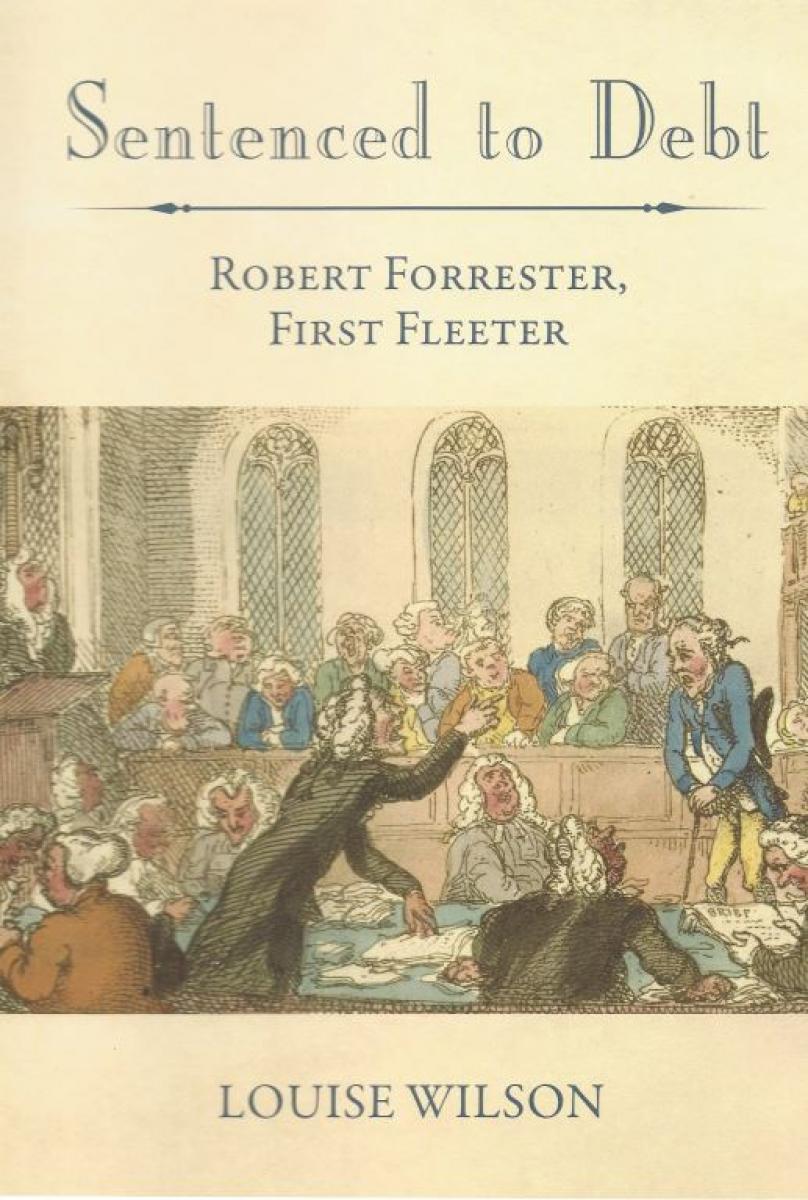



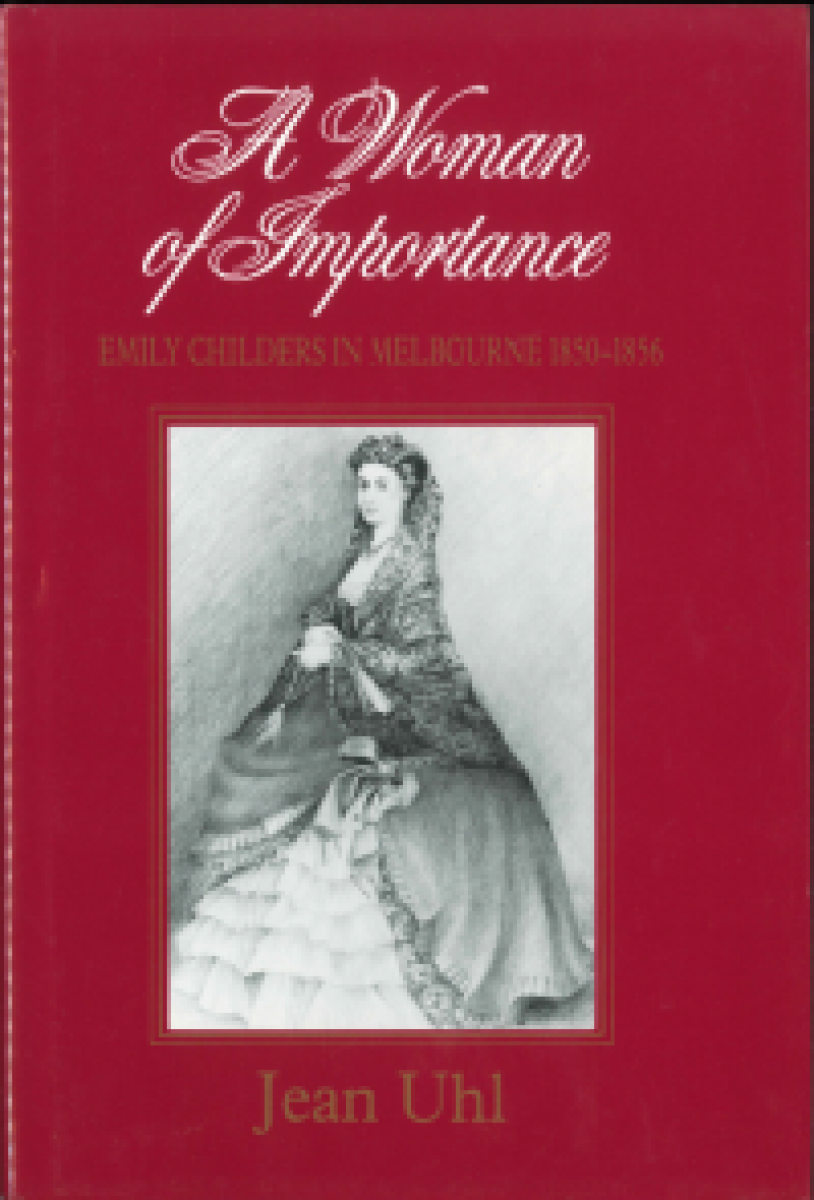
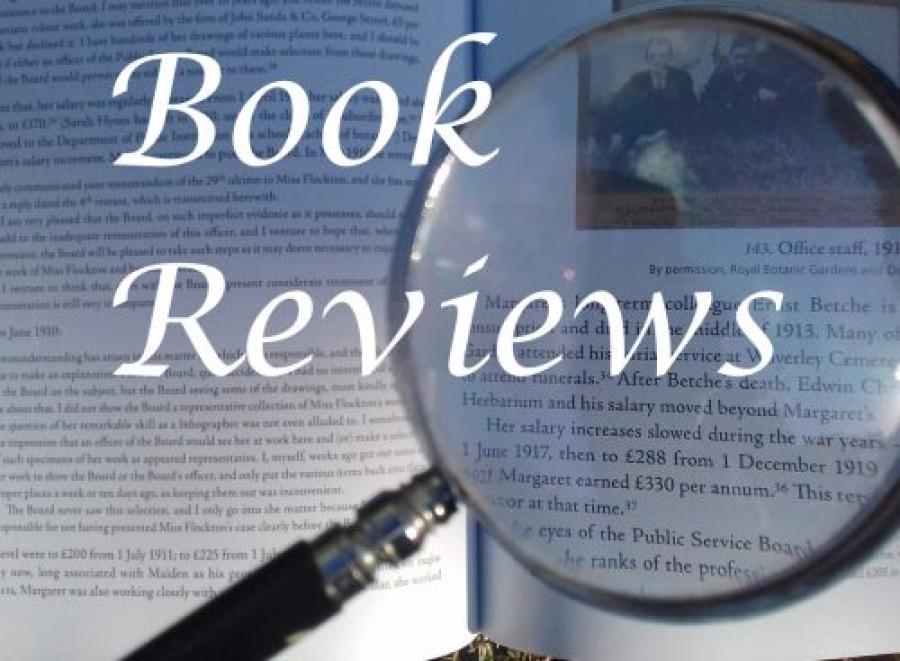
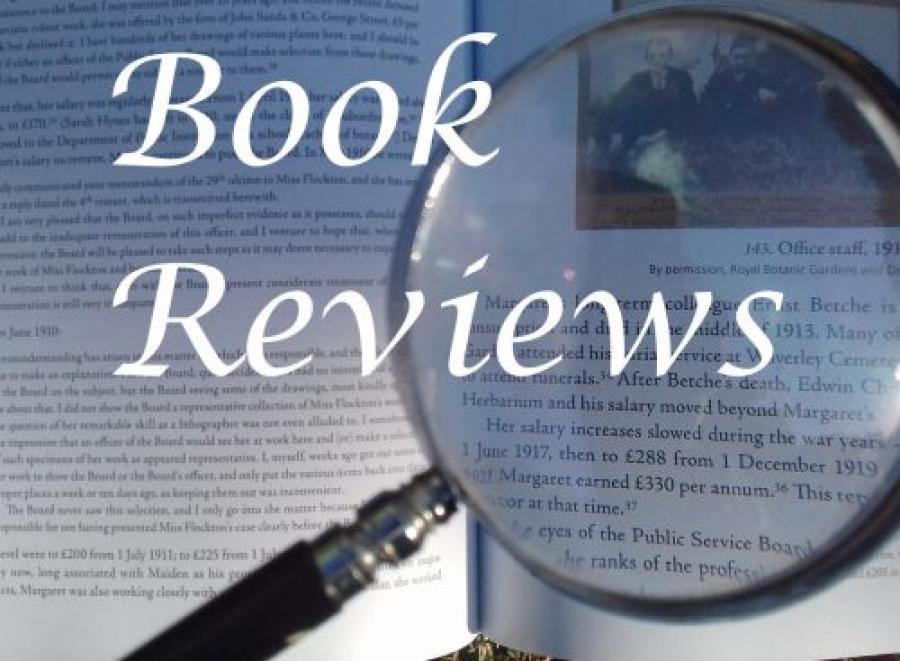
 Brett’s latest work The Enigmatic Mr Deakin has been critically acclaimed particularly by her peer - Professor Mark McKenna in The Monthly (Sept. 2017) described it as 'the fifth and best biography on Deakin to date'. Brett is a professional historian and author of previous works on Australian politics, notably Robert Menzies’ Forgotten People (1992) and Australian Liberals and the Moral Middle Class (2003).
Brett’s latest work The Enigmatic Mr Deakin has been critically acclaimed particularly by her peer - Professor Mark McKenna in The Monthly (Sept. 2017) described it as 'the fifth and best biography on Deakin to date'. Brett is a professional historian and author of previous works on Australian politics, notably Robert Menzies’ Forgotten People (1992) and Australian Liberals and the Moral Middle Class (2003).